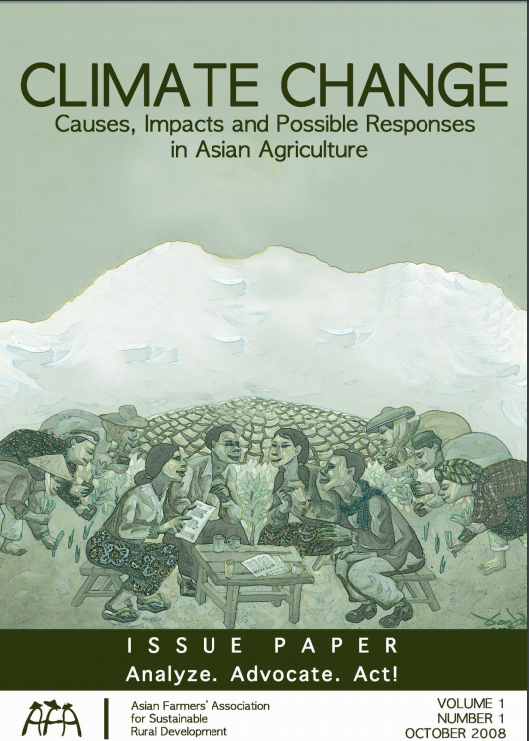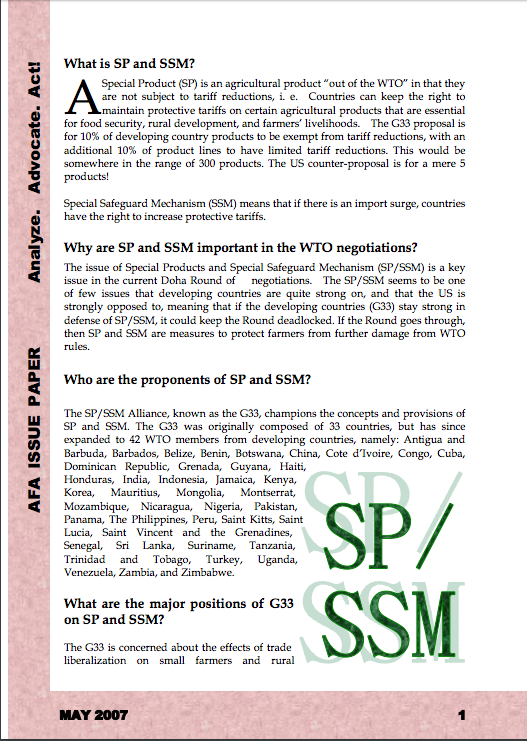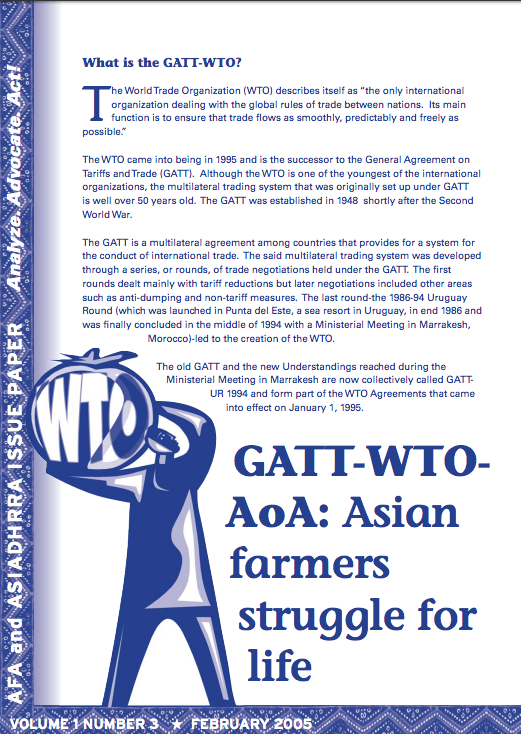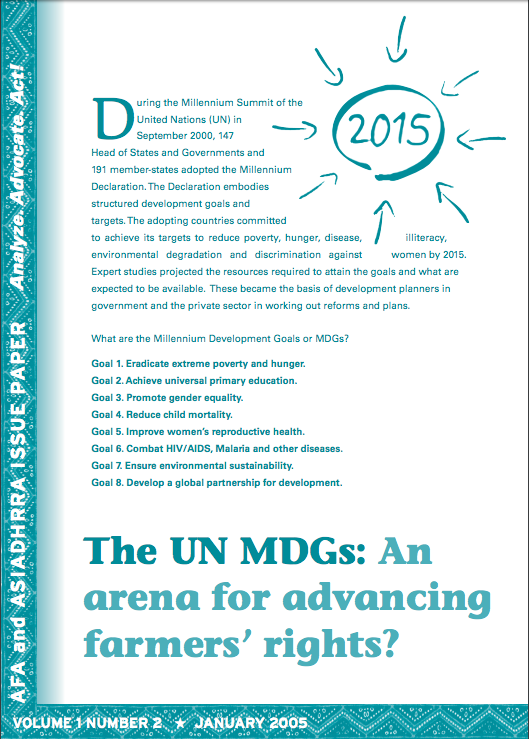Critical Issues on the Growing Market Power of Transnational Agribusinesses
WHAT IS MEANT BY AGRIBUSINESS?
Agribusiness as used in this paper refers to very big corporations that produce, process, trade, and market agricultural food products and agricultural inputs. Examples are corporations that produce inputs, such as seeds and fertilizers, and those that produce for supermarkets and retail chains. Transnational agribusiness companies are those that operate in the agriculture sector of many countries, usually with a huge volume of business.












